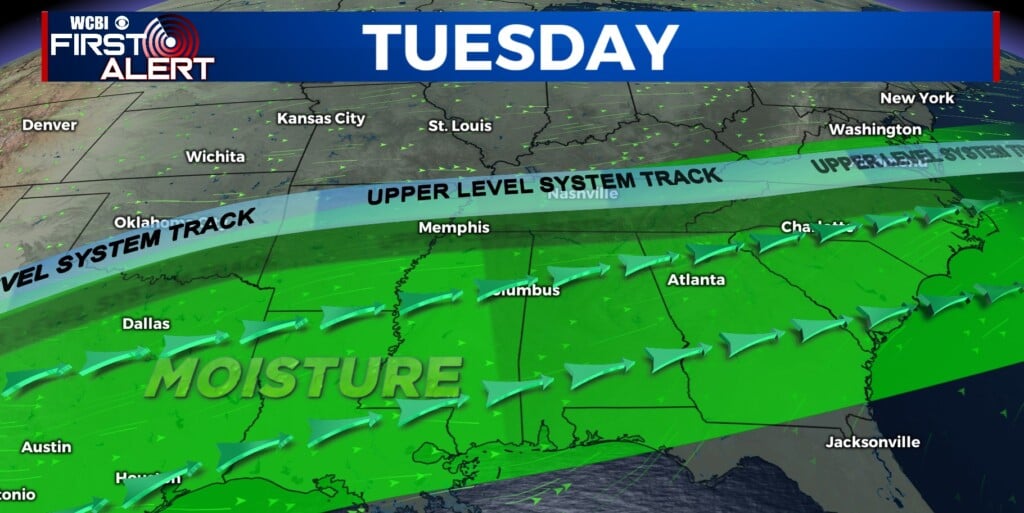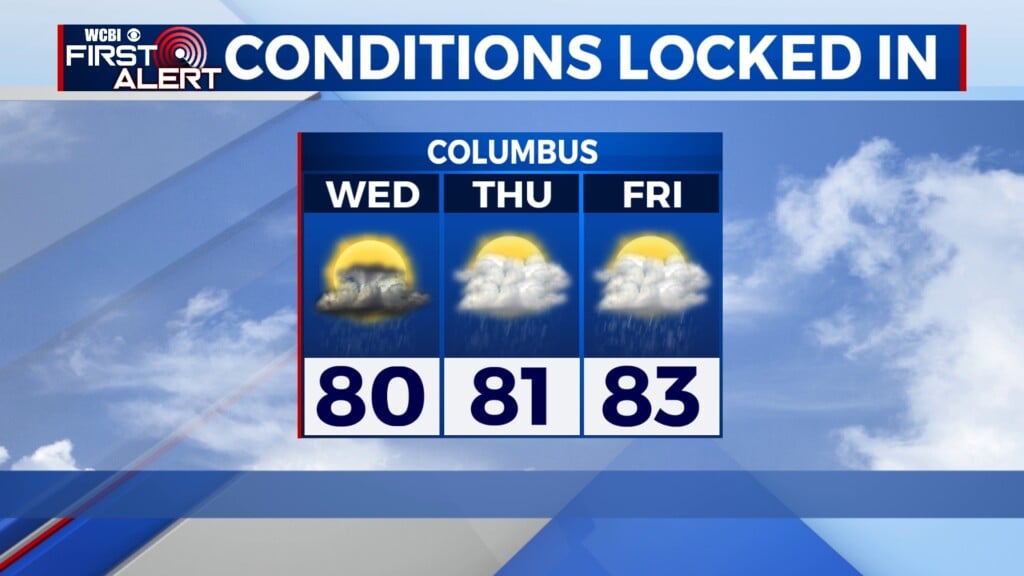Coronavirus “can become very severe” in kids, mom says
The National Institutes of Health is launching a study to learn more about how the coronavirus affects children. While most kids have milder symptoms than adults, not all do.
Karla Duarte, a 16-year-old high school junior from New York, is one of the relatively few children in the U.S. to have severe complications from COVID-19.
“I would never, like, picture me having to be intubated and being in the hospital,” she told CBS News senior medical correspondent Dr. Tara Narula.
After she was intubated, “her numbers were not improving, her oxygen level was not improving,” Duarte’s mom, Ana Tejada, said.
Doctors told Tejada they had one treatment option left: an ECMO machine, which pumps and oxygenates the patient’s blood outside the body.
“When they told me about the machine, they said, ‘You know, this is 50/50,'” Tejada said.
After seven days on ECMO and five more on a ventilator, Duarte’s condition finally improved. She was sent home after 21 days in the hospital.
Duarte never had any medical problems before this, she said.
Serious cases like hers are rare, complicating the efforts of investigators.
“We have much less experience because the children are just getting less sick, so there are many fewer children interacting with the health care system and being tested,” said Dr. Tina Hartert of Vanderbilt School of Medicine.
Hartert is leading the new NIH study that is remotely monitoring about 2,000 children and their families in 11 cities nationwide. She said more data should be collected before a decision is made to send kids back to school or summer camp.
“I think it’s really risky to base decisions about this based on the fact that children get less sick from this virus, because that does not equal children being less likely to transmit the virus,” Hartert said.
Dr. Adrianne Randolph, who is leading a separate CDC-funded study at Boston Children’s Hospital, said doctors aren’t completely sure what the risk factors are for why children get sick with COVID-19.
Describing the symptoms seen in children with the disease, Randolph said, “it’s scattered reports.”
“What they’re seeing is cardiac dysfunction — so that their heart’s not working as well as it should,” she said. “And abdominal pain is often part of the presentation.”
Juliet Daly, age 12, went into cardiac arrest at a Louisiana hospital.
“They had to do two minutes of CPR on her, and then they got her back, thank God,” her mom, Jennifer, said.
Juliet tested positive for the coronavirus and another viral infection, her mom said. She was in the ICU for 10 days before recovering.
Jennifer said she would tell other families to “be vigilant, be careful.”
“It can become very severe in less than a day,” she said.
The New York City Department of Health reports that 15 children have been hospitalized with a rare inflammatory syndrome that they’re saying is potentially associated with the coronavirus. The condition can involve fever, rash, low blood pressure and inflammation of the blood vessels, including coronary arteries. The city health department says these cases have features of Kawasaki disease, a condition that has also been reported in a number of children with coronavirus in the U.K.




Leave a Reply